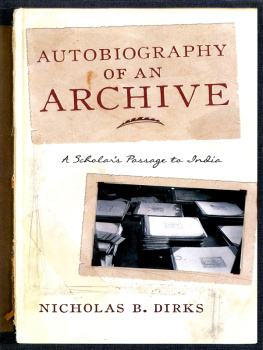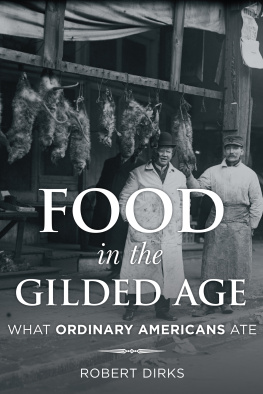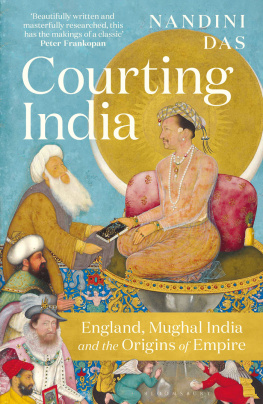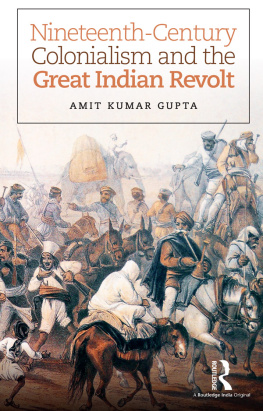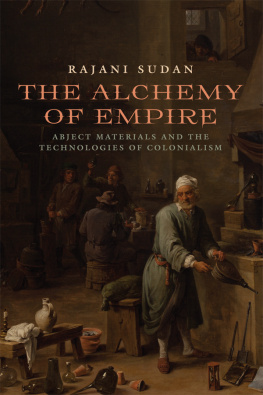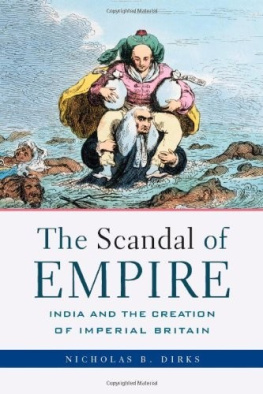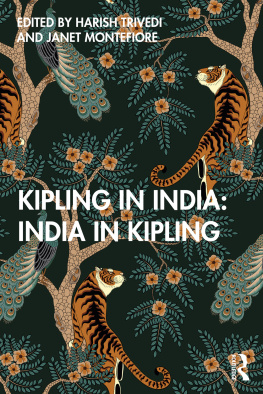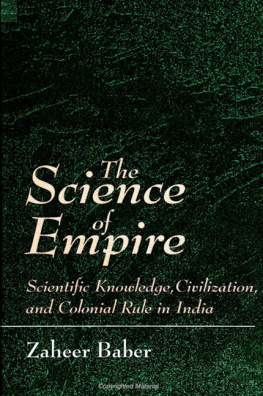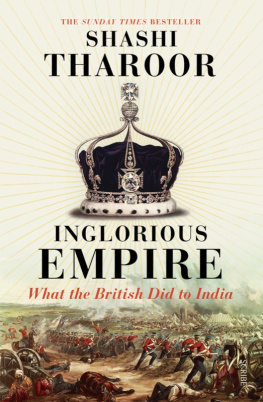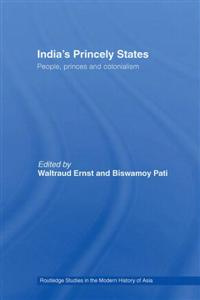AUTOBIOGRAPHY OF AN ARCHIVE
CULTURES OF HISTORY
CULTURES OF HISTORY
Nicholas Dirks, Series Editor
The death of history, reported at the end of the twentieth century, was clearly premature. It has become a hotly contested battleground in struggles over identity, citizenship, and claims of recognition and rights. Each new national history proclaims itself as ancient and universal, while the contingent character of its focus raises questions about the universality and objectivity of any historical tradition. Globalization and American hegemony have created cultural, social, local, and national backlashes. Cultures of History is a new series of books that investigates the forms, understandings, genres, and histories of history, taking history as the primary text of modern life and the foundational basis for state, society, and nation.
Shail Mayaram, Against History, Against State: Counterperspectives from the Margins
Tapati Guha-Thakurta, Monuments, Objects, Histories: Institutions of Art in Colonial and Postcolonial India
Charles Hirschkind, The Ethical Soundscape: Cassette Sermons and Islamic Counterpublics
Ahmad H. Sadi and Lila Abu-Lughod, editors, Nakba: Palestine, 1948, and the Claims of Memory
Prachi Deshpande, Creative Pasts: Historical Memory and Identity in Western India, 17001960
Todd Presner, Mobile Modernity: Germans, Jews, Trains
Laura Bear, Lines of the Nation: Indian Railway Workers, Bureaucracy, and the Intimate Historical Self
Vazira Fazila-Yacoobali Zamindar, The Long Partition and the Making of Modern South Asia: Refugees, Boundaries, Histories
Bernard Bate, Tamil Oratory and the Dravidian Aesthetic: Democratic Practice in South India
Columbia University Press
Publishers Since 1893
New York Chichester, West Sussex
cup.columbia.edu
Copyright 2015 Columbia University Press
All rights reserved
E-ISBN 978-0-231-53851-0
Library of Congress Cataloging-in-Publication Data
Dirks, Nicholas B., 1950
Autobiography of an archive : a scholars passage to India / Nicholas B. Dirks
pages cm. (Cultures of history)
Includes bibliographical references and index.
ISBN 978-0-231-16966-0 (cloth : alk. paper) ISBN 978-0-231-16967-7
(pbk. : alk. paper) ISBN 978-0-231-53851-0 (e-book)
1. Anthropology and historyIndia. 2. Anthropological archivesIndia. 3. Education, HigherPhilosophyUnited States. 4. Interdisciplinary researchPhilosophy. I. Title.
GN345.2.D57 2015
301.0954dc23
2014020993
A Columbia University Press E-book.
CUP would be pleased to hear about your reading experience with this e-book at .
Cover design: Jordan Wannemacher
References to websites (URLs) were accurate at the time of writing. Neither the author nor Columbia University Press is responsible for URLs that may have expired or changed since the manuscript was prepared.
Contents
T he essays and lectures that make up this book have been written over many years, beginning with a paper that started life as a job talk in 1987 for a tenured position at the University of Michigan. That paper, entitled Castes of Mind, was expanded and finally revised for publication in the journal Representations and is included here because of its centrality to much of the scholarly work I did during the decade I spent in Michigan. I am grateful to my colleagues in the departments of history and anthropology at Michigan not just for hiring me but for offering an extraordinarily stimulating environment in which to think about the history and anthropology of caste in India as well as the larger comparative and interdisciplinary questions that enabled the writing both of numerous essays (many of them published here) and the book I subsequently wrote by the same title. Among many Michigan colleagues, I would like especially to thank Tom Trautmann, Bill Sewell, Sherry Ortner, Geoff Eley, (the late) Fernando Coronil, and Terry McDonald. I was delighted when Val Daniel and Ann Stoler came to Michigan two years after I arrived. Val has always been my advisor in matters anthropological, and both Val and Ann played important roles in helping me launch the interdepartmental program in anthropology and history; I owe Ann special thanks for her role over many years in helping me think through critical issues in the anthropology of empire and the ethnography of archives. I have also been indebted to many other colleagues, most importantly Gyan Prakash and Partha Chatterjee, for intellectual exchange, support, and sustenance over the years. David Ludden has been a friend, critic, and resource. I am also grateful to Arjun Appadurai, Chris Fuller, Sheldon Pollock, and Peter van der Veer for their insights and inspiration over the course of my career.
This book also owes a great deal to colleagues at Columbia University, where I taught from 1997 until 2013. In addition to some names already mentioned, I would like to thank David Cohen and Jonathan Cole, who recruited me to chair the legendary department of anthropology, and, among many valued colleagues, offer special thanks as well to Akeel Bilgrami, Mark Mazower, Martha Howell, Alan Brinkley, Tim Mitchell, Mahmood Mamdani, Gayatri Chakravarty Spivak, Claudio Lomnitz, Jean Howard, Ira Katznelson, and Peter Bearman.
My ethnographic encounters with academic administration would never have been possible without the trust, support, and counsel of Lee Bollinger.
In the end, my closest interlocutor for everything written here since 1994 has been my colleague and wife, Janaki Bakhle. She reads everything I write and always has the wisest, the sharpest, and most generous advice. She has sustained me through each one of these autobiographical experiments, in every possible way, and I will never be able to thank her enough.
I look back on some of my writingscovering as they do a span of twenty-five yearswith mixed feelings and responses, including astonishment at some of my early concerns and on occasion dismay at some of my early ways of writing. When I think, however, of the scholarly opportunities I have had, across disciplines, continents, institutions, and friendships, I have only deep gratitude and a sense of enduring good fortune for my life in the academy.
As I note in my introduction, my parents have had enormous influence on my life. I dedicate this book to my mother, Annabelle V. Dirks, who played a critical role in supporting me during many stages of my autobiography of an archive, and for much else as well.
I had no way of knowing I was going to miss out on the emergence of the Beatles, though I had the usual concerns about leaving my junior high school friends and the eighth grade. But I was excited by the prospect of adventure, and as it turned out, the year was magical. The college campus did have acres of jungle, and there were peacocks, cobras, and leopard cats, much to my mothers horror. I attended school in a khaki uniform; studied the south Indian drum, the mridangam, with a maestro in Mylapore (along with the son of another Fulbright scholar); and learned how to negotiate the extremely efficient bus system of the city of Madras. I slept under a mosquito net, figured out how to take bucket baths (we only had an hour of running water each day), and endured the strangeness of having my (Hindustan) corn flakes mixed with warm milk rather than coldall things that I remember from the vantage point of an early-sixties American kid. The year left a lasting impression and set in motion an interest that led to a career as a scholar of India and a lifetime of passages to India, personal as well as professional.

